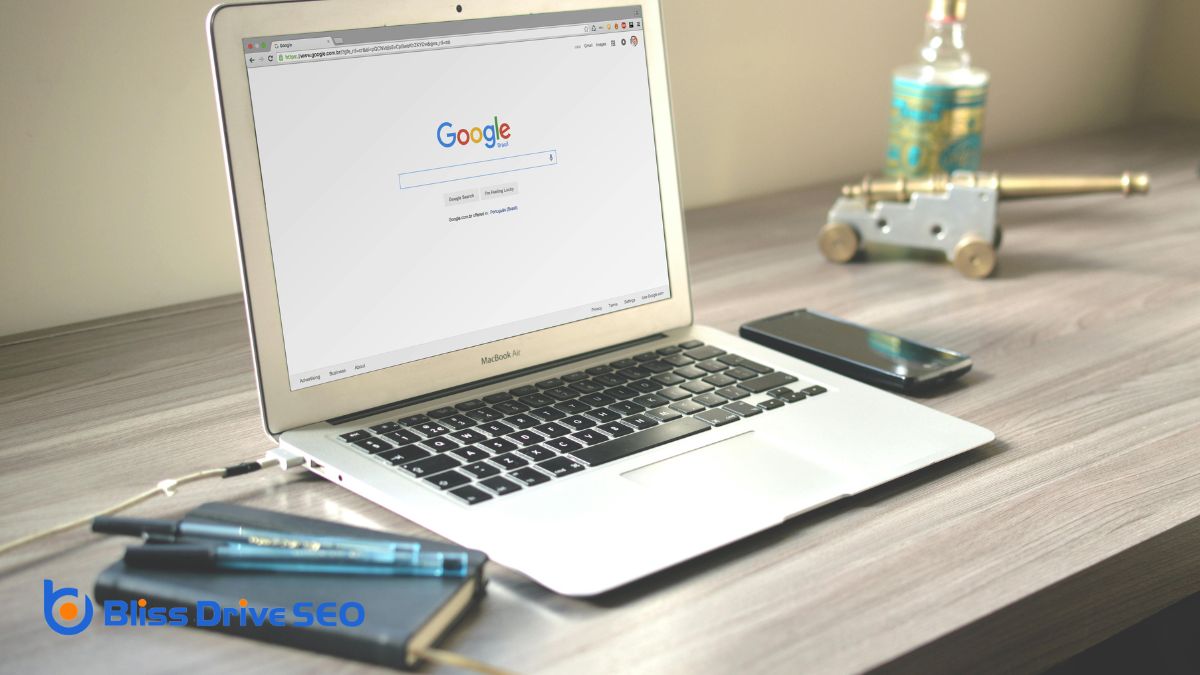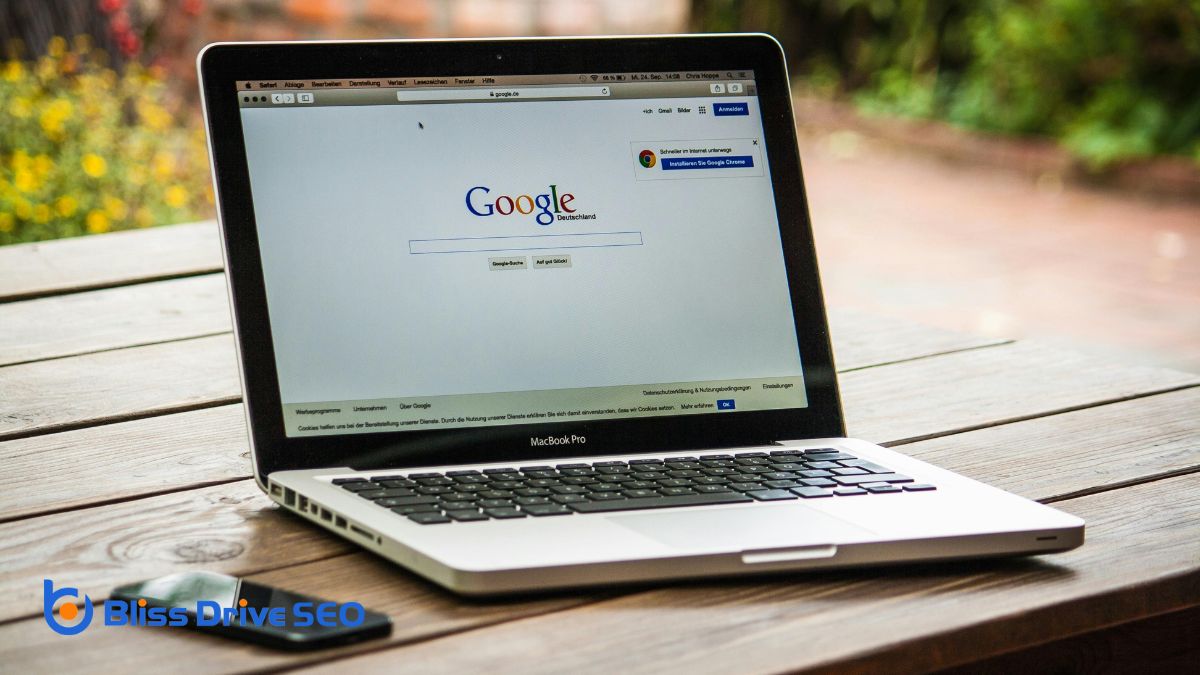Digital Marketing Services
Learn More About Us

When you're looking to enhance your local business's online visibility, understanding Google Local SEOOptimization strategies aimed at improving a website’s visibility in local search results. is essential. It starts with claiming your Google My Business listing, but that's just the beginning. Ensuring your business information is precise and uniform can greatly influence your search rankingsThe position at which a website appears in the SERP.. But how do you effectively gather customer reviews and use local keywordsWords or phrases that users type into search engines to find information. to your advantage? And what role do local backlinksLinks from other websites pointing to your website, crucial for SEO. play in this intricate process? Each step requires meticulous attention to detail, and mastering these elements can determine the success or failure of your local SEO strategy. Ready to explore the finer details?
Taking the first step towards improving your local SEO, claiming your Google My Business (GMB)A tool for businesses to manage their online presence across Google, including Search and Maps. listing is necessary. It's your direct line to appear in local search results and on Google Maps. By claiming your GMB listing, you'll gain control over how your business information appears to potential customers searching for similar services. Without this essential step, you risk being overshadowed by competitors who've already staked their claim.
To claim your GMB listing, start by visiting the Google My Business website. Use your Google account to log in or create one if you don't have it yet. Search for your business name to see if a listing already exists. If it does, follow the prompts to claim it. Google might require verification to guarantee you're the rightful owner, typically through a postcard mailed to your business address.
Once you've claimed your listing, you can begin managing your business's online presence. This includes uploading photos, responding to reviews, and ensuring your contact details are accurate.

With your Google My Business listing claimed, the next step is to optimize your business information for maximum visibility and customer engagementThe level of interaction and involvement a customer has with a brand.. Start by ensuring your business name, address, and phone number (NAP) are consistent across all platforms. Inaccurate details can confuse potential customers and hurt your local SEO. Double-check everything for accuracy and uniformity.
Next, select the most relevant categories for your business. Google allows you to choose primary and secondary categories, so make sure you select ones that accurately describe your services or products. This helps Google understand your business better and match you with relevant searches.
Craft a compelling business description. Use clear, concise language to highlight your unique selling points and include relevant keywords naturally. This description should reflect what makes your business stand out and entice potential customers to learn more.
Don't forget to upload high-quality photos. Images of your storefront, products, and services not only make your listing more appealing but also give potential customers a sense of what to expect. Regularly update these images to keep your listing fresh.
Customer reviews play an essential role in enhancing your Google Local SEO. They're not just about boosting your reputation; they actually impact how your business ranks in local search results. When potential customers search for services you offerThe specific product or service being promoted by affiliates., reviews can be the deciding factor in choosing you over competitors. Google's algorithms consider the quantity and quality of reviews, so encouraging customers to leave positive feedback is critical.
Start by making it easy for customers to leave reviews. Provide clear instructions or direct links to your Google Business Profile in follow-up emails or on receipts. Don't be shy about asking satisfied customers to share their experiences. A simple request can go a long way in gathering valuable reviews.
Responding to reviews, whether positive or negative, shows you value customer feedbackInformation provided by customers about their experience with a product or service, used to improve .... It also demonstrates that you're engaged and committed to improvement. This interaction not only builds trust but also signals to Google that your business is active and customer-focused.
To boost your Google Local SEO effectively, using local keywords is essential. These keywords are terms and phrases that relate directly to your business's location. When potential customers are searching for services or products, they're likely to include location-based queries. By integrating local keywords into your website's content, you make it easier for search engines and customers to find you.
Start by identifying the local keywords that matter most to your business. Think about the specific terms people use when they're looking for what you offer in your area. Use tools like Google's Keyword Planner to find popular search terms related to your business and location. Don't forget to include variations, such as neighborhood names or landmarks.
Once you've got your list, incorporate these keywords naturally into your website's pages, blog posts, and meta tagsHTML tags that provide information about a web page to search engines and visitors.. Use them in headings, body text, and image alt textDescriptions added to images to help search engines understand the content of images., but avoid overstuffing. It's about creating content that's useful and relevant to your audience.

Building local backlinks is a cornerstone of effective Google Local SEO. By securing links from local websites, you communicate to search engines that your business is relevant and trusted within your community.
Start by connecting with local businesses or organizations. Reach out to them for opportunities to guest blog, collaborate on events, or be featured in a local directory. These partnerships can earn you valuable backlinks.
Consider sponsoring local events or charities. In return, these organizations often provide a link back to your website. This not only boosts your online presence but also strengthens community ties.
Don't forget to list your business in local online directories, such as Yelp or the Chamber of Commerce website. These platforms often carry significant authority, and a link from them can enhance your local SEO.
Additionally, engage with local bloggers or influencersIndividuals with the power to affect the purchasing decisions of others due to their authority, know.... Building relationships with these individuals can leadA potential customer referred by an affiliate who has shown interest in the product or service but h... to them naturally mentioning or linking to your business in their content.
Always aim for quality over quantity; a few authoritative local backlinks can be more beneficial than numerous low-quality ones. By strategically building local backlinks, you'll increase your visibility and credibility in your area.
To boost your local SEO, start by claiming your Google My Business listing and verify all your business information is accurate and consistent. Don't forget to select relevant categories and create an appealing business description. Encourage your customers to leave positive reviews and always respond to them. Use local keywords organically in your website content and focus on building local backlinks from reputable sources. By following these steps, you'll greatly enhance your local search rankings.
